How One Health Relates to Antimicrobial Resistance
One Health plays a pivotal role in addressing antimicrobial resistance (AMR) as it recognises the intricate connections between human, animal, plant and environmental health. The misuse and overuse of antibiotics and other antimicrobials in any of these domains directly impacts the emergence and spread of resistant microbes, posing significant threats to public health.
In a One Health framework, efforts to combat AMR involve collaborative strategies across diverse sectors. Veterinarians, healthcare professionals, environmental scientists, and policymakers (among others) collaborate to implement responsible antimicrobial use, surveillance, and stewardship practices. This multidisciplinary approach is crucial for mitigating the risk of resistant infections and preserving the effectiveness of antimicrobial treatments.
Furthermore, One Health extends beyond responsive measures to proactive prevention. By understanding the complex dynamics of AMR emergence and transmission at the human-animal-plant-environment interface, One Health fosters research, education, and policies that promote sustainable practices, protect ecosystems, and safeguard the effectiveness of antimicrobial agents for current and future generations.



